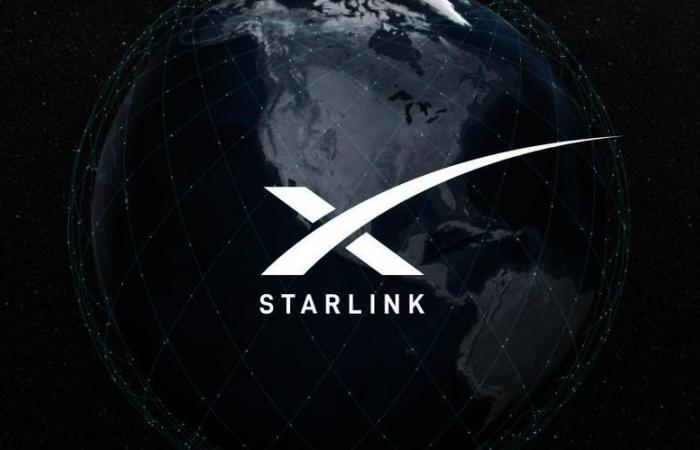

SpaceX and its Starlink unit find themselves at the heart of a regulatory battle with European telecom operators. The latter fear that the American service will disrupt land mobile networks and threaten to go to court.
SpaceX, Elon Musk’s company specializing in low-orbit satellites, recently accused several large European telecommunications operators of harassment. Among them, Vodafone, Orange and Telefonica, backed by Liberty Global, PPF Telecom Group, Telenor, and United Group, urged the United States Federal Communications Commission (FCC) not to relax current rules on power of broadcast from satellites, under the pretext that this could interfere with terrestrial mobile networks. All are threatening to take legal action against the American group.
“Any relaxation which would degrade the usefulness of the spectrum that mobile operators have obtained under license from their respective national authorities, and which would undermine the quality of service and increase the costs of deployment, would constitute a legal ground for claiming damages. »they said.
These operators are thus following the movement initiated by their American counterparts AT&T and Verizon, who, as early as last August, filed a request with the FCC to oppose the exemptions requested by SpaceX. In the background, telecoms’ fear lies in SpaceX’s plan to launch a direct-to-device connectivity service, a service which is expected to enter the commercial phase in the near future.
Rivalries in the space race
Beyond the technical questions raised, the real battle is being played out on the competitive terrain. SpaceX partnered with T-Mobile US to develop this service, aiming to offer messaging services first, then voice and data capabilities in 2025. In response, AT&T and Verizon teamed up with AST SpaceMobile, a emerging company in the field of satellite communications, although the latter is lagging behind. SpaceX already has 175 satellites in orbit, while AST only launched five satellites last month.
This conflict also takes on a geopolitical dimension, since SpaceX accuses AST of orchestrating a denigration campaign against it, in particular by mobilizing its European partners. In a filing with the FCC, European telecoms have indeed taken up arguments similar to those of AT&T, without however providing solid technical evidence according to SpaceX. The latter responds virulently, accusing AST of harming competition by relying on unfounded arguments.
For SpaceX, the stakes are high. Deploying its satellite network has already cost billions of dollars, and any further delay in commercial launch could jeopardize its return on investment. SpaceX has expressed concern over regulatory hurdles that could slow down its project, while criticizing European telecom operators for trying to influence the FCC in their favor.
In a scathing statement, Elon Musk’s group insisted on the importance for the FCC not to give in to “unfounded legal threats” from AST’s investors and partners. She also calls on the European authorities to closely examine the practices of AST, which she accuses of wanting to slow down the entry of new players into the European market.
Source : Telecoms.com
This article was reprinted on the Univers FreeBox website





